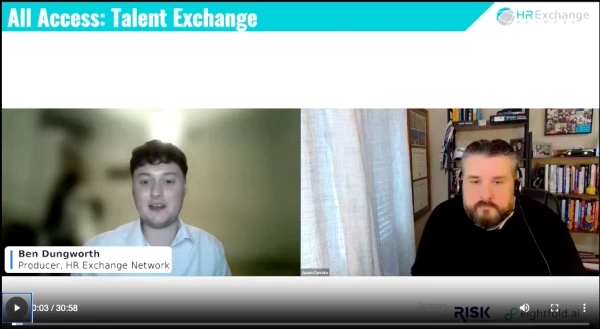Is Your Application Process Killing Your Reputation?
Add bookmark

Image via Pixabay
The recruitment process is often a long and arduous task for an organization’s HR department- and potential candidates. HR professionals know that the task of finding a hiring manager’s next rockstar is not an easy feat. Many on the outside looking in think that it may be as simple as posting a job, skimming through the applicants, scheduling a few interviews, and picking a winner.
If only the recruitment process were that simple.
Before a job can just get posted all willy-nilly on a digital job board, there is the process of setting up the position itself. What will the title be? What is the salary range? When do we need to have the role filled by? Then there are all of those compliance details. Are we looking at enough applicants? Does our proposed ad contain any inadvertently discriminatory language? It’s enough to make your head spin.
As difficult as the hiring process is for HR, think about the job seeker’s experience.
The war for talent is heating up and companies are competing for the best talent to propel their organizations into the future. However, from a job seeker’s point of view, it often doesn’t seem that the war for talent even exists. Applicants are told to ‘apply online’ for almost every position imaginable. I have personally heard stories from friends and family where they have taken the time to go to potential employers only to be turned away with the canned ‘apply at our website’ response. They think to themselves, ‘But, I’m right here with my resume. Yet, they go home and spend an hour on the application process. They upload their resumes, only to then have to manually enter every single piece of information from their uploaded resume into horribly picky little boxes (why are there never examples of acceptable responses on those things anyway?), and they click submit.
What happens after an applicant hits submit?
Then they wait. Then they wait some more. Then eventually they forget that they even applied at your company. Or, they remember that they did - and they also remember that you never took the time to even send them a ‘Dear John’ email explaining that they weren’t what you were looking for. This is not a good impression for a company to leave with potential candidates. With all of the automation being used in the HR space, you would think that a simple ‘We are going with another candidate’ email would be on the checklist. After all, your candidates did what you wanted. They spent an hour of their lives, that they will never get back, filling in your finicky boxes and submitting their information into what often appears (for lack of any response) to be a virtual incinerator. Are there cyber dogs that we are unaware of that eat job applications or something?
Don’t create poor impressions with candidates.
Earlier this year, I spoke with Sebastien Girard, Vice President of Talent Acquisition and Workforce Planning for Parkland Health and Hospital System regarding the importance of designing a great candidate experience. In this interview, The Future of Talent Acquisition: Is your Company Prepared for Change? Sebastien and I discussed the poor impression the lack of follow-up can create (we also talked about talent acquisition’s potential move into the marketing space: more on that next week).
When asked what he felt makes a positive candidate experience Sebastien stated, “We are in an employee market now, not an employer market. Having that trend changing from what it was even just five years ago, it’s more of a “what’s in it for them” versus “what’s in it for the company” approach. Candidates expect that customer service approach and responsiveness. They expect to feel important and they expect transparency. I don’t think that a job seeker is expecting to get every job that he or she applies for but there is a desire to have transparency when things go well -or if things don’t go well and when it doesn’t, why. Candidates expect responsiveness even when it’s bad news. If I don’t get the job I don’t want to wait a week and a half to get the bad news. I want to hear it right away.”
Happy candidates could translate into happy employees.
Why are we not treating the potential talent that our organizations are supposedly fighting one another for with even a basic level of respect and appreciation of their time? With a perspective shift, we can start handling potential candidates with a more human approach. If we start with this approach with candidates, think of how engaged they will be as employees.
This piece was originally published on More Than Resources. To get new posts first, visit morethanresourcesblog.wordpress.com
Columns reflect the opinions of the contributor and do not necessarily reflect the views of Human Resources IQ.



















